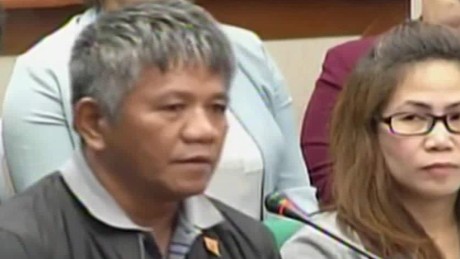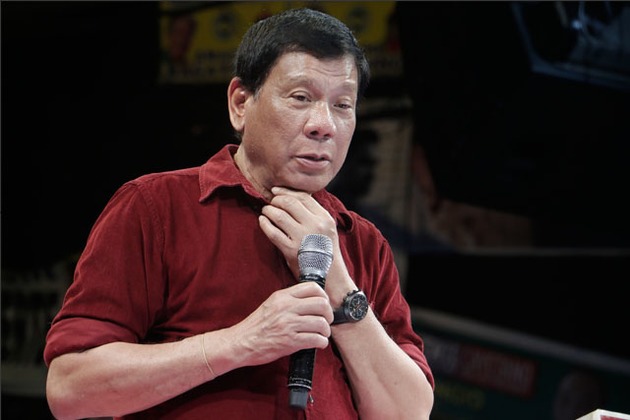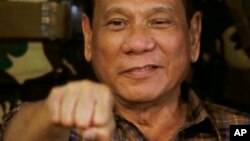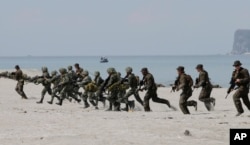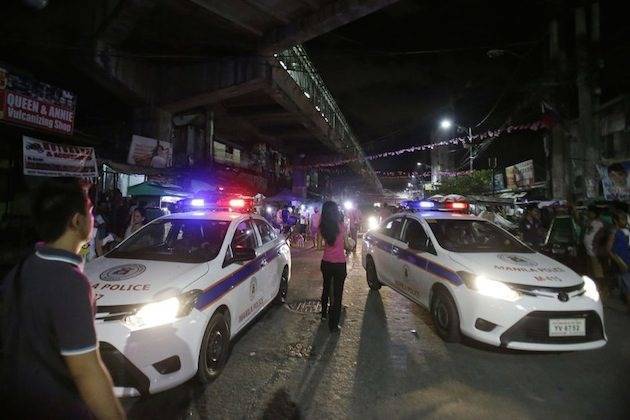I thought he was going to be good for his nation and the world on a smaller scale.
I was so wrong! I see he is just another puppet for the elites. Is he killing off non muslims in the disquise of fighting drugs?
And the drama act against Obombs is even more proof he is a fake.
Just my opinion.
I was so wrong! I see he is just another puppet for the elites. Is he killing off non muslims in the disquise of fighting drugs?
And the drama act against Obombs is even more proof he is a fake.
Just my opinion.


